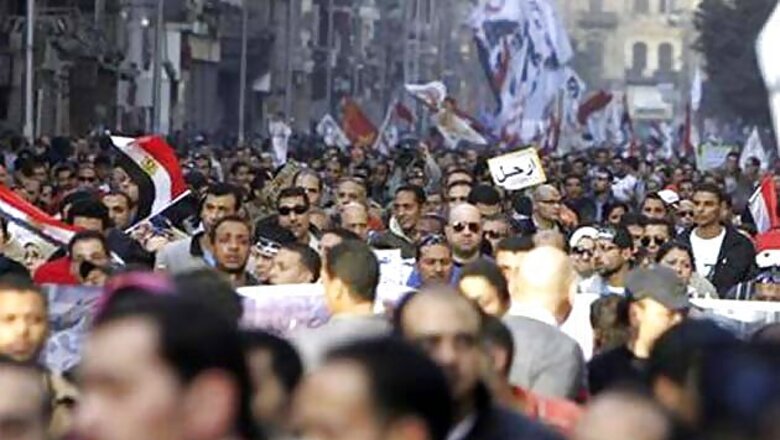
views
Cairo: Egyptian protesters scuffled with police in Cairo on January 26 and troops were deployed in Suez after nine people were shot dead in nationwide protests against President Mohamed Mursi, exposing deep rifts two years after Hosni Mubarak was ousted.
After a day of clashes on January 25, tension remained high with a court expected to rule later on January 26 in a case against suspects accused of involvement in a stadium disaster that killed 74 people. Fans have threatened violence if the court does not deliver the justice they seek. Eight people including a policeman were shot dead in Suez, east of the capital, and another was shot and killed in Ismailia, another city on the Suez Canal, medics said, after a day when police fired tear gas at stone-throwing youths.
Another 456 people were injured across Egypt, officials said, in January 25 unrest fuelled by anger at Mursi and his Islamist allies over what the protesters see as their betrayal of the revolution that erupted on January 25, 2011.
"We want to change the president and the government. We are tired of this regime. Nothing has changed," said Mahmoud Suleiman, 22, in Cairo's Tahrir Square, near where youths were still hurling stones at police on the other side of a concrete barrier early on January 16 morning.
The protests and violence have laid bare the divide between the Islamists and their secular rivals. The schism is hindering the efforts of Mursi, elected in June, to revive an economy in crisis and reverse a plunge in Egypt's currency by enticing back investors and tourists.
Protesters accuse Mursi and his Islamist allies of hijacking Egypt's revolution that ended 30 years of Mubarak's autocratic rule. Mursi's supporters say their critics are ignoring democratic principles after elections swept Islamists to office. "The protests will continue until we realise all the demands of the revolution - bread, freedom and social justice," Ahmed Salama, 28, a protester camped out with dozens of others in Tahrir Square, the cauldron of the 2011 revolt.
The court hearing over the Port Said stadium disaster in February last year has fuelled concerns of more unrest. Live images were shown from inside the court shortly before the session began. Some of those attending chanted for justice and held up pictures of those killed.
The court on the outskirts on Cairo, and in the same police compound where Mubarak was tried and jailed, is due to rule on January 26 in the cases brought against 73 people, 61 of whom are charged with murder in what was Egypt's worst stadium disaster.
However, the public prosecutor has said new evidence has emerged, meaning a verdict may be postponed. Alongside the 61 charged with murder, another 12 defendants, including nine police officers, are accused of helping to cause the February 1, 2012, disaster at the end of a match between Cairo's Al Ahly and al-Masri, the local side.
Expecting a verdict, hardcore Al Ahly fans, known as ultras, have protested in Cairo over the last week, obstructing the transport network. The Port Said disaster triggered days of street battles near the Interior Ministry in Cairo in 2012r.
In a statement in response to January 25th violence, Mursi said the state would not hesitate in "pursuing the criminals and delivering them to justice". He urged Egyptians to respect the principles of the revolution by expressing views peacefully. The president was due to meet later on January 26 with the National Defence Council, which includes senior ministers and security officials, to discuss the violence and deaths as a result of the protests.
Troops were deployed in Suez after the head of the state security police in the city asked for reinforcements. The army distributed pamphlets to residents assuring them the deployment was temporary and meant to secure the city. "We have asked the armed forces to send reinforcements on the ground until we pass this difficult period," Adel Refaat, head of state security in Suez, told state television.
Street battles erupted in cities including Cairo, Alexandria, Suez and Port Said. Arsonists attacked at least two state-owned buildings. An office used by the Muslim Brotherhood's political party was also torched. The Brotherhood decided against mobilising for the anniversary, wary of the scope for more conflict after December's violence, stoked by Mursi's decision to fast-track an Islamist-tinged constitution rejected by his opponents.
Inspired by the popular uprising in Tunisia, Egypt's revolution spurred further revolts across the Arab world. But the sense of common purpose that united Egyptians two years ago has given way to internal strife that already triggered bloody street battles last month.










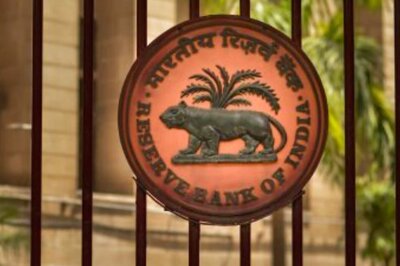
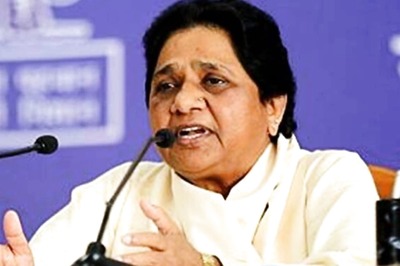


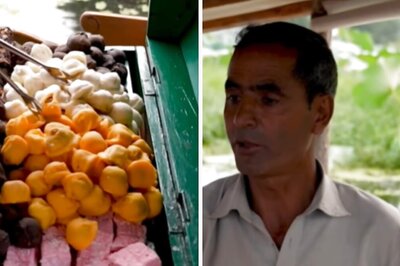

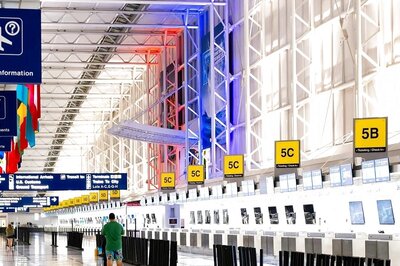


Comments
0 comment